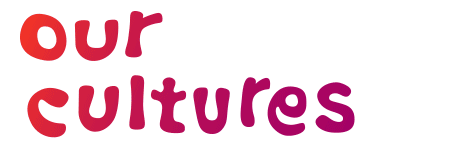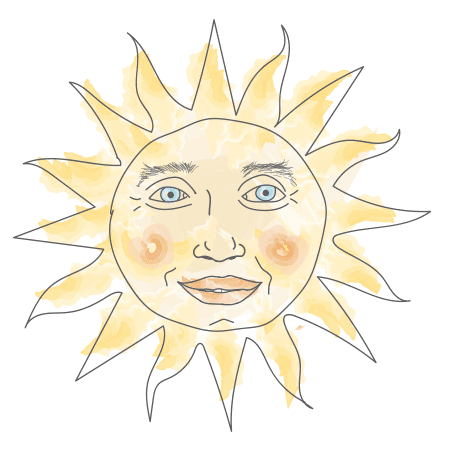helping you
understand
Hello and welcome to Our Cultures
We hope that this website finds you well.
What does Our Cultures do?
Our Cultures helps people from different cultural backgrounds understand one another — and the environment we share — better.
Its purpose is to support the development of a mature, balanced, and cooperative society founded on mutual respect and understanding.
The organisation also nurtures a culture of open-mindedness, compassion, and environmental awareness, so that we can all live meaningful, connected, and sustainable lives.
Find out more about Our Cultures.
Now dive in and get to know your migrant family.

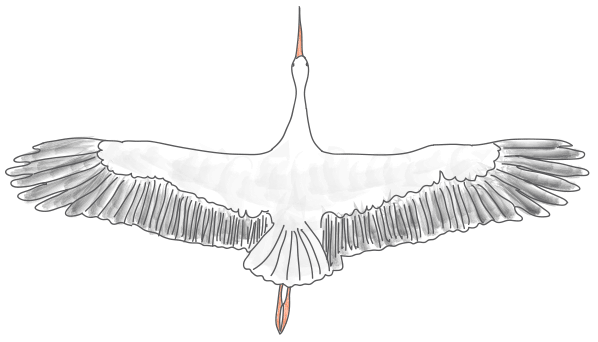
Did you know that every single human on the planet, including you, has the same ancestral mother?
That’s right. Through DNA, scientists have traced our common mother, known as ‘Mitochondrial Eve’. She is the matrilineal (of or based on kinship with the mother or the female line) most recent common ancestor of all living humans. In the light of this, she is the most recent woman from whom all living humans descend in an unbroken line. Purely through their mothers, and through the mothers of those mothers. Back until all lines converge on one woman – Mitochondrial Eve from East Africa.
To emphasize, we are all distant brothers and sisters.
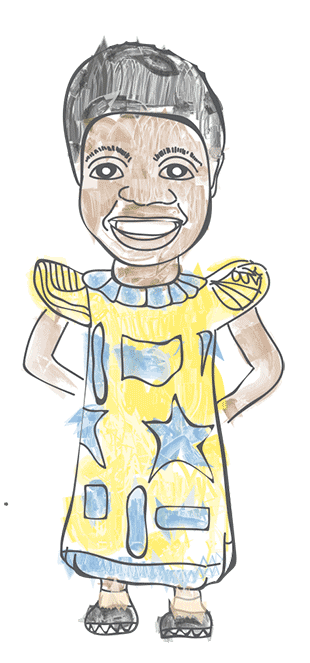
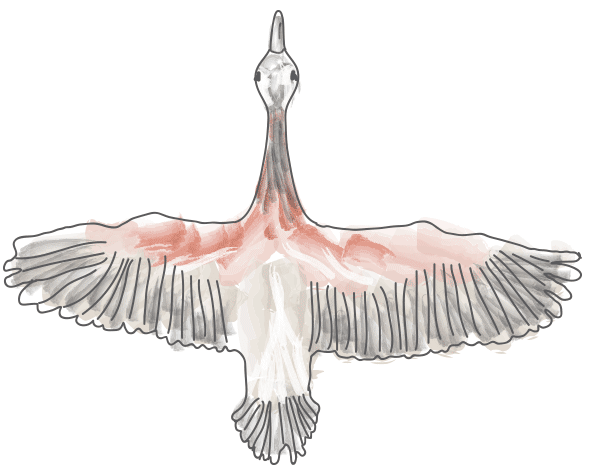
How did we spread across Eurasia?
It’s happened several times throughout history. First, Australophitecus arrived in Eurasia around 3 million years ago. Followed by Homo erectus who travelled through the Levantine corridor and Horn of Africa. That was about 1.9 million years ago.
After all, Homo erectus evolved into Neanderthals and then came Homo sapiens. The modern humans of today. They migrated to Eurasia and have survived until the present day. There are suggestions that the descendants of Mitochondrial Eve migrated from East Africa approximately 60-70,000 years ago.
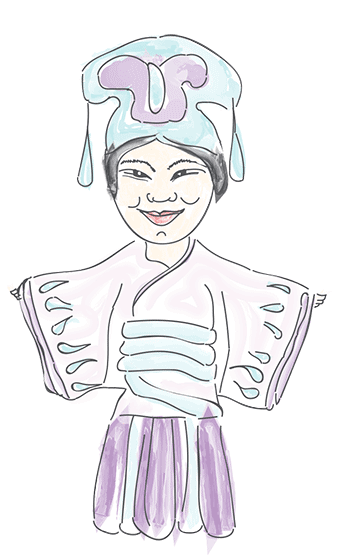
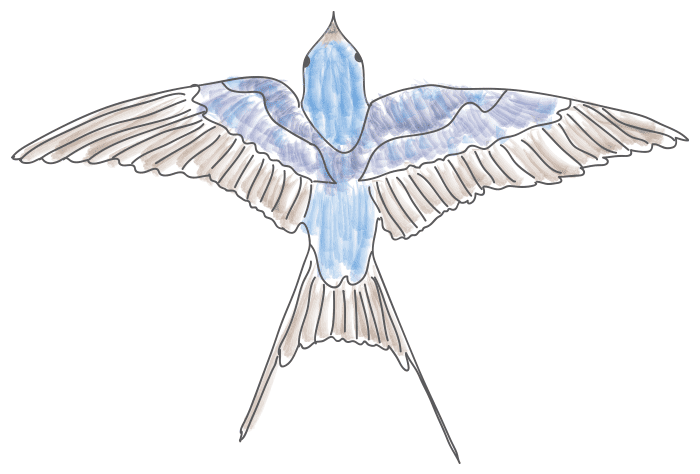
Our journey through Europe
Homo sapiens are anatomically modern humans in Europe. The oldest Homo sapiens fossils that anthropologists have found date to around 315,000 years ago.
However, our lineage likely extends further back in time — we only don’t have the fossils to prove it.
As a result of Homo sapiens being present, the Neanderthals were gradually replaced by them. That means replaced by the Mitochondrial Eve’s descendants (our far siblings). And that was from approximately 44,000 years ago.
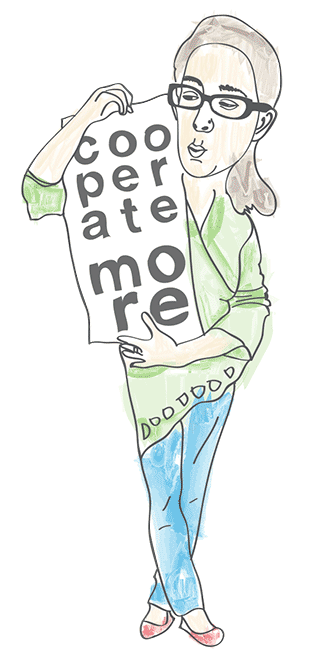
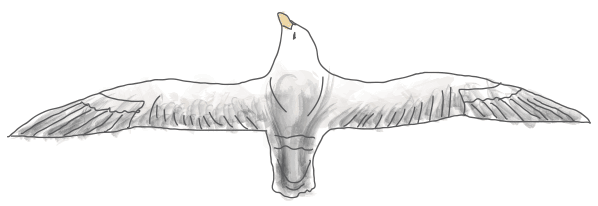
Americas, Arctic Canada and Greenland
After the Last Glacial Maximum, North Eurasian populations migrated to the Americas about 20,000 years ago. Paleo-Eskimo expansion reached Arctic Canada and Greenland by around 4,000 to 2,500 years ago. Their descendants died out. However, several other groups migrating from continental North America took over. Not to mention that Greenland wasn’t known to Europeans until the 10th century. Until the Icelandic Vikings settled on its southwestern coast.
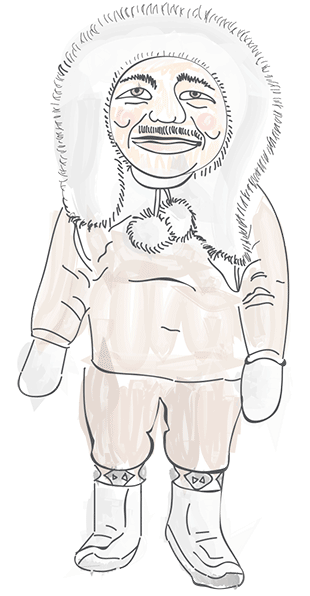
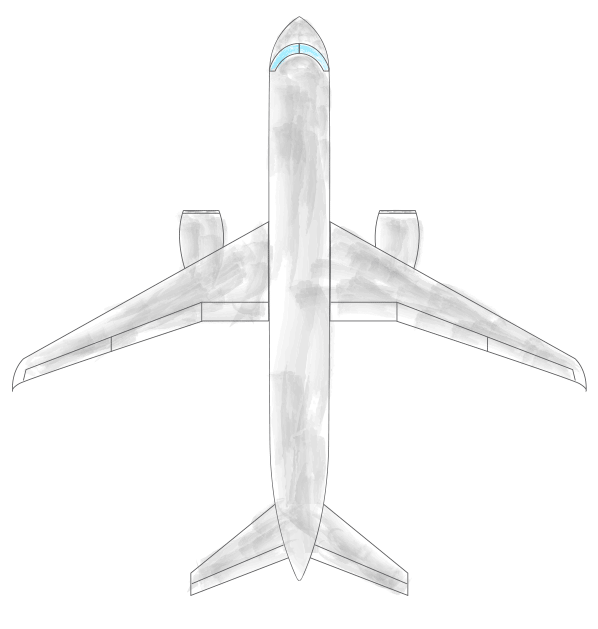
What about human devolution?
After all, humankind has reached every corner of the Earth.
- The Agricultural Revolution (10,000 BC).
- Industrial Revolution (the 1760s).
- and Information Revolution (the 1970s)
paved the way for nearly 8 billion humans currently living on the planet.
Rapid growth in the overall population is threatening to exacerbate many environmental and economic problems. And that is overfishing, dangerous pollution levels, loss of habitat and stress on water resources just to mention a few.




Is there a future for us?
Our cultural diversity is disappearing, systematically becoming more homogeneous. The culture of modern humans desires high consumption and corrupted values it seems.
Our demands for an excess of goods and unsustainable experiences are replacing meaningful relationships between us.
Multinational corporations exploit natural resources and people to make and hoard billions, while selfishly poisoning and destroying life on the planet.
Even our emotions and behaviours, including desires for new products, are fabricated by sophisticated hi-tech and psychology experts to fuel the demand on the market further.
You may also be contributing to child exploitation, oil conflicts and other wars across the world without even being aware of it. And that is simply by the products you consume and the way you consume them.
For example, by buying specific products not just from developing countries, consuming them excessively, or have your money with banks making high profits by investing in arms and fossil fuel industries.
Does it sound gloomy?
Well, it is.
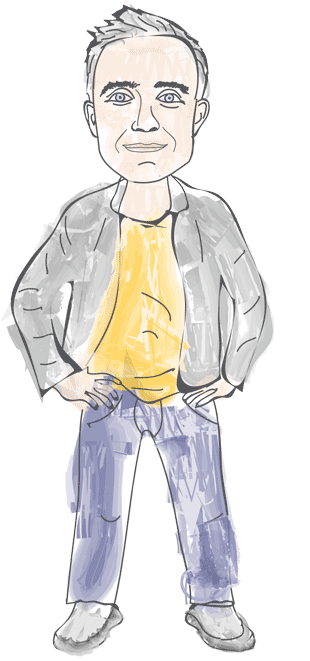
However, we believe that it’s not too late to change.
If we act now, there is a brighter future for us all, and the animals, the plants including the environment.
But let’s not waste the time.
Find out how you can positively contribute to a better world for all.
Do you need an inspiration? Have a look at Project 2040 for example.
There are many great examples out there if you look for them. I even think that you might already have some good ideas anyway.
Most importantly live the way of life that enriches all as this is the most crucial step.
There is no need to change your life upside down in an instant moment. However, what is important is that you start today even by a small thing that will become your habit and routine.
Then share the ideals and lifestyle with your family, friends, neighbours and others. Even though it might not be easy at the beginning.
This is because we all are responsible for the future of our cultures, other forms of life and the environment we live in.
We simply cannot wait and waste neither time nor resources.
Therefore, it would be nice to meet you face to face whenever possible and discuss it, or anything related to it with you if you like.
Have a look at our events and see if there is something you could join us for. However, it might take a while until we establish Our Cultures in Norway after our move and organise events. In this case, send us an email or join us on social media for the time being.
One way or the other it would be nice if you get in touch.

